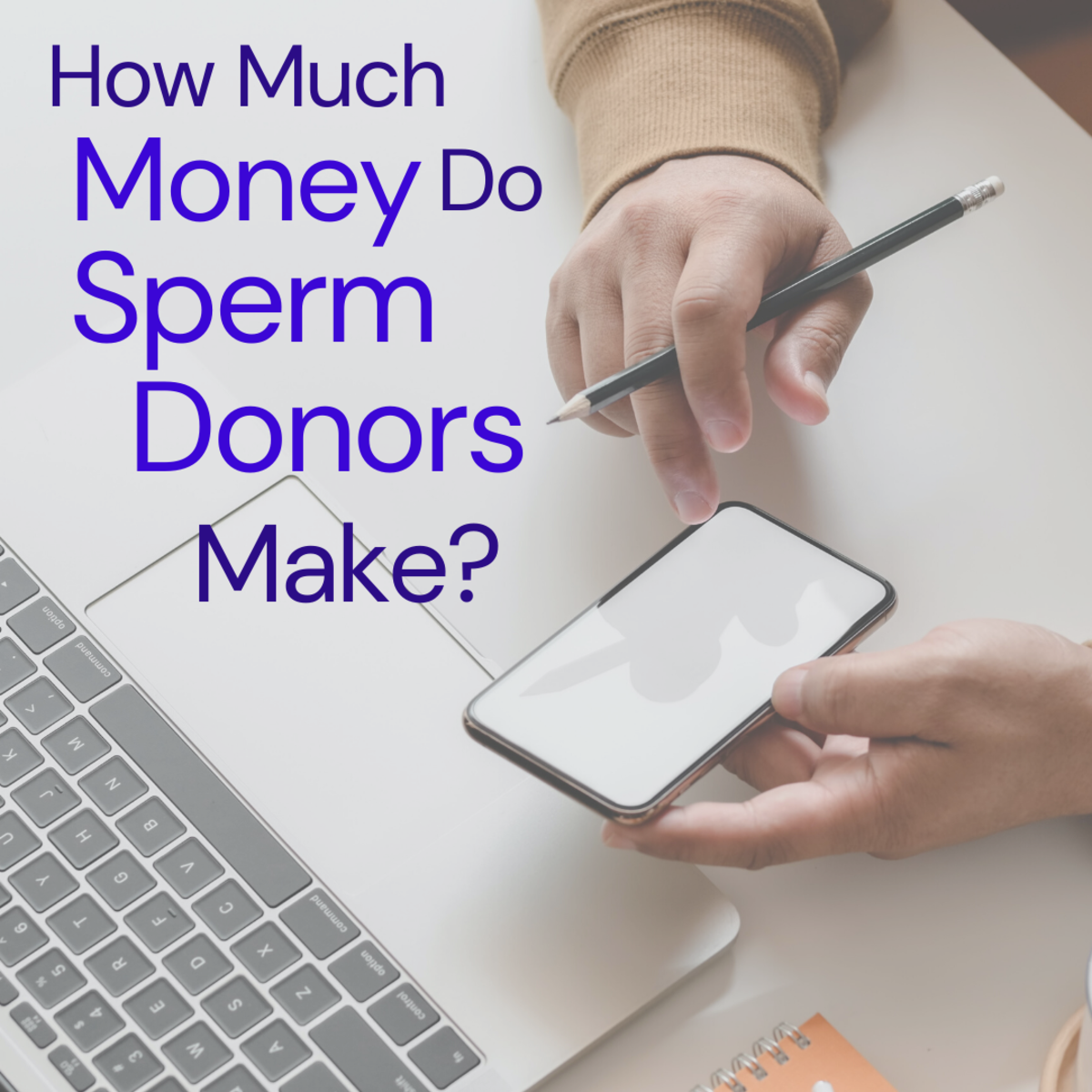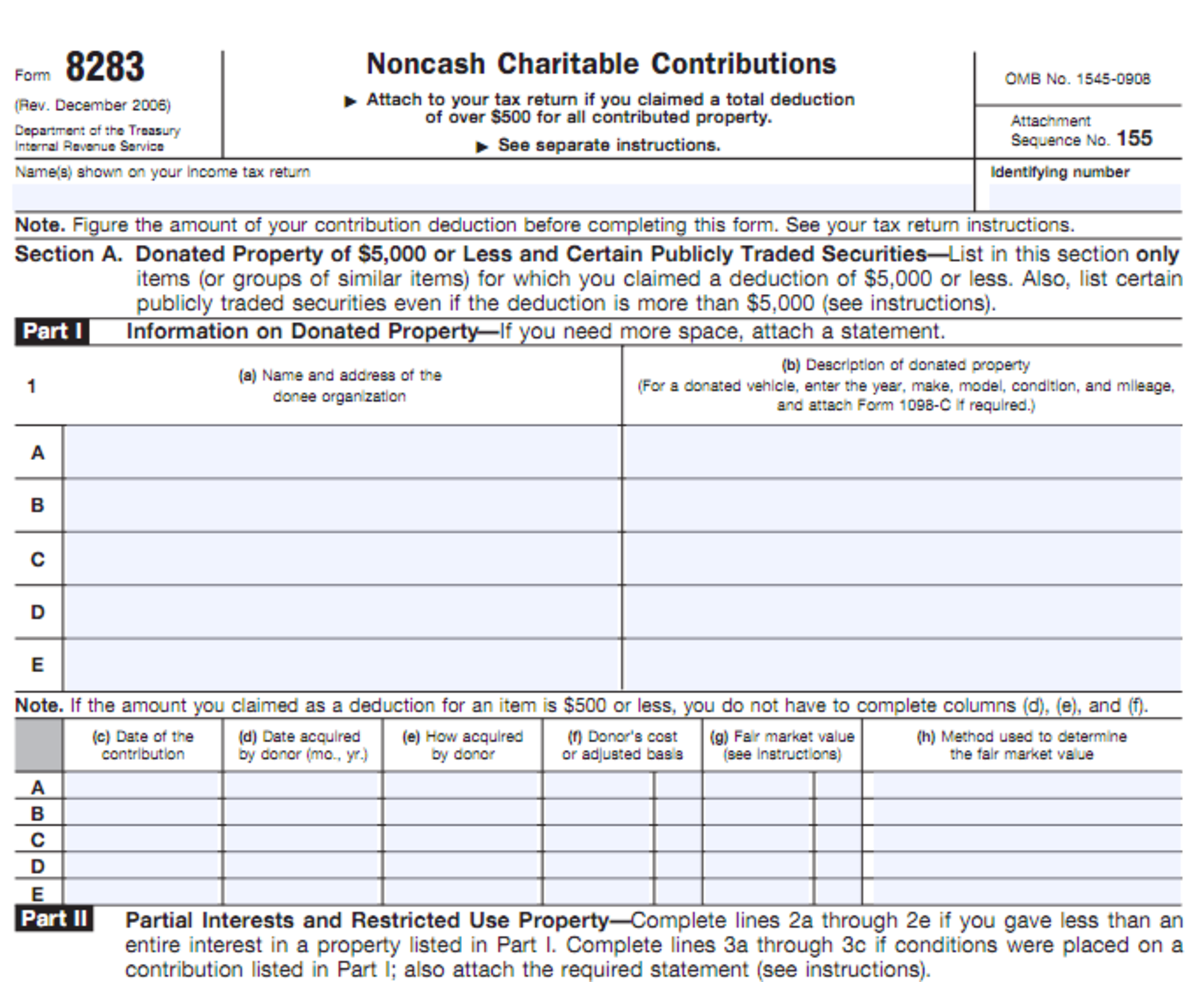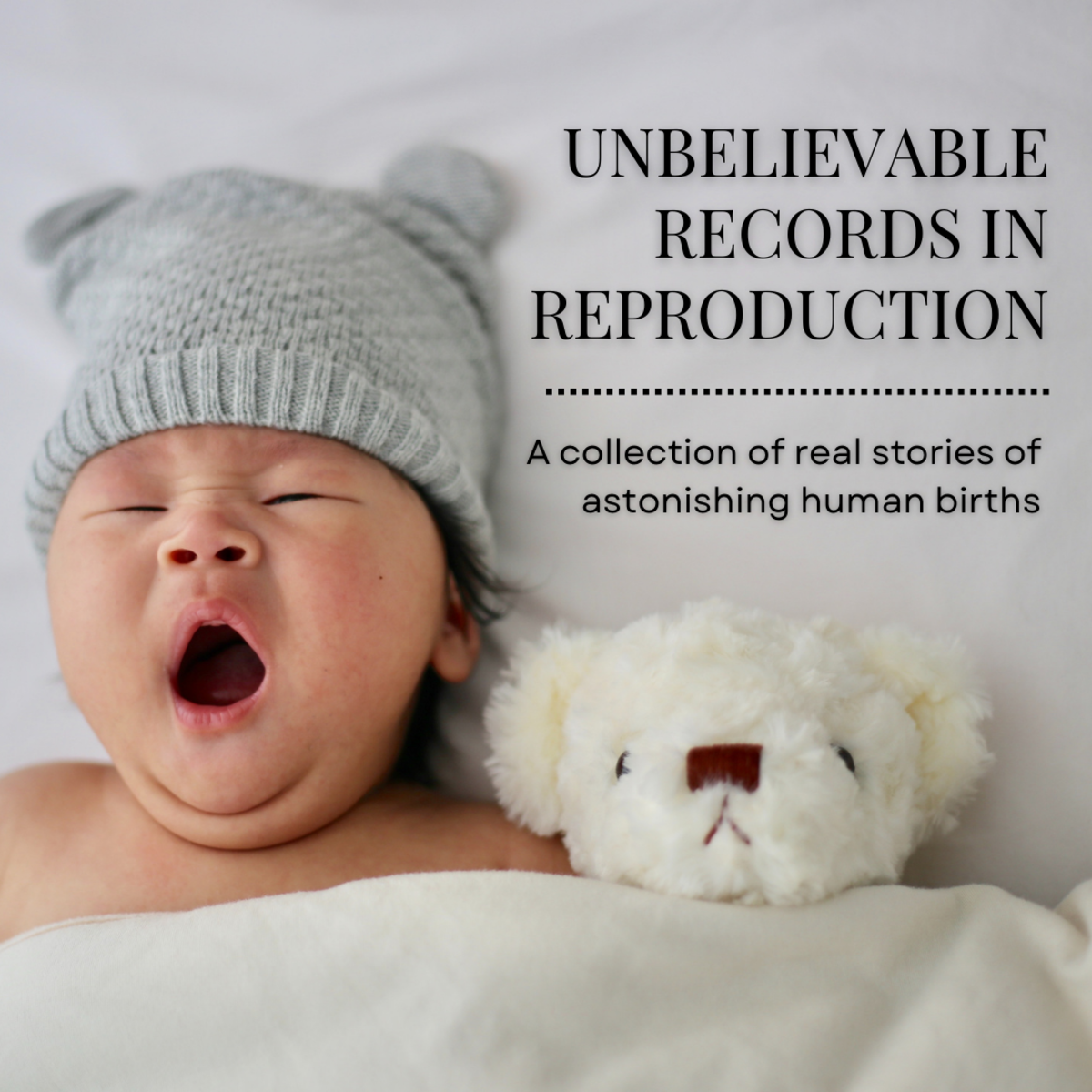Sperm Donors: Myth And Reality
Sperm donors are usually not in as good supply as you might think, and sperm donation isn’t all it’s believed to be. And in many countries, it’s becoming rarer and rarer. Let’s take the UK for example. Prior to the 1st April 2005, any man who wished to donate his semen to be used by couples that were unable to produce a child as a consequence of male fertility problems, were able to rely on the fact that their sperm donation could be provided anonymously – the Uk allowed anonymous sperm donors. UK law changed after this date, however, and it is now not possible to donate sperm anonymously. Children will have the automatic right to ascertain their biological father’s identity once they reach the age of 18.

As a consequence of this amendment to the law, there is now an acute shortage of men coming forward to donate their sperm for donor insemination to couples and some single females who wish to become pregnant in this way. Coupled with this is the fact that the donating male is not entitled to be paid for this donation. Instead, he would only be entitled to claim back any ‘reasonable expenses’ that he may incur as a result of the donation. So sperm donors (UK ones at least) have fallen dramatically. The days of “sperm donor wanted” ads may well be on the horizon!
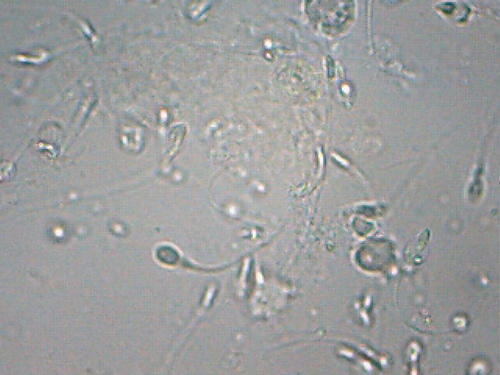
Sperm Donor Rates Have Fallen
Over the past 15 years, the rates of sperm donation have fallen by some 40%. When you take stock of the facts that anonymity has been taken away and men are not paid for their donation it is not difficult to see why sperm donation clinics are struggling to get the numbers they need. Two leading professionals in this area, Dr Mark Hamilton and Dr Allan Pacey from the British Fertility Society (BFS), have both expressed concern over these declining rates. Primarily, they would seem to be of the opinion that men will not be as willing to come forward if they realise that their details will be kept on file for when the child reaches the age of adulthood. Men being generous with their bodily fluids at sperm donation clinics are not, it appears, keen for the resultant offspring to turn up at their door in 18 years time. And who can blame them?
Both doctors believe that a review of this law is essential to ensure that the increasingly long waiting lists for people that require sperm donations can start to be reduced.
Procedures Involved For Becoming A Sperm Donor
Any man looking to a sperm bank to donate his semen to more unfortunate people that may not be able to conceive a child themselves, would need to go through a number of other rigorous tests at any sperm donor clinic. Their sperm count would have to be ascertained in order to determine whether or not it is feasible for them to go ahead and provide a donation. Further, they would have to undergo several tests to find out if they were the carrier of any hereditary diseases, plus other medical problems.
Whilst these tests manage to reduce the possibility of birth defects to a level that is equivalent to only 20% of naturally conceived births, they would no doubt still prove to be rather daunting to any male that may be considering donating his semen. At the end of the day, it is a determined male that comes forward to volunteer at a sperm bank to carry on with a donation when it would appear that nothing is placed in his favour to do so.
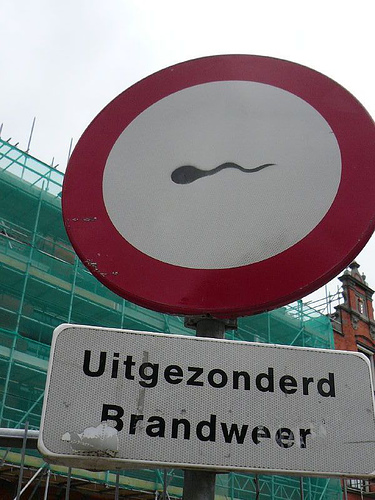
A Limit On The Number Of Donations From Each Male
The UK shortage of sperm donations can also be blamed on the fact that there is a limit of 10 donations for every male. This is set in place to try to reduce the possibility of two children from the same biological father, coming together in later life and conceiving children of their own. We are all probably well aware of the genetic problems that may arise if this were to happen. Nevertheless, it is there to try to eliminate this eventuality as far as possible.
France take these precautions further, in that they have a limit of only 5 donations per male.
The Netherlands, on the other hand, despite having a much smaller population in comparison to the UK, have a limit set at 25.
South Korea experiences one of the worst problems when it comes to sperm donation rates and this would undoubtedly have something to do with the fact that their law dictates that only one donation is permitted from every male.
Comparing The UK To Sweden
It is interesting to evaluate the situation in Sweden, especially when you consider the fact that they banned anonymous donations back in 1980. When this happened, the rates of donations in sperm donor clinics dropped from 200 per year to only 30 and Swedes have become increasingly inclined to have to travel to Denmark where there are far less stringent laws and limitations in place.
Although the UK apparently recorded a small increase in donations to start with, when the law was amended in 2005, this will probably be due to the fact that there was a lot of press coverage of this issue at the time. As a consequence, it is probably inevitable that more men came forward as the subject was receiving so much coverage anyway. OF course, the HFEA (Human Fertilisation and Embryology Authority) decided to construe these statistics in a different and almost certainly inaccurate way. However, donation figures are now on a sharp decline and the HFEA are now having to admit that the law is not currently working in this regard.
Court orders sperm donor to pay child support - Glenn Sacks

The US Model of Sperm Donation
With far less stringent laws and a more relaxed attitude toward men receiving remuneration for their donations, the United States of America do not appear to have the shortages of sperm that we have here in the UK and in other equally strict countries. Indeed, it is not unheard of for men to be able to make a relatively respectable income out of donating to more than one sperm bank in any given week.
This is all very good for these men, but this does not protect the population from genetically problematic births between unbeknown siblings. But having said that, even if the limit of donations was as low as two per male, this problem could still be a factor that may go on to cause problems in future years.
Despite their acute shortage of sperm donations, South Korea are the only country that would have a definite control over whether this may transpire in the future.
As far as the UK is concerned, these limits are completely understandable. This is despite the fact that Drs Hamilton and Pacey are both looking for these figures to be raised.
There are, however, two fundamental factors that can be revised that would inevitably increase the rates of sperm donation in the future (apart from a flurry of “sperm donor wanted” ads!). Firstly, bring back the possibility of anonymity and allow the donor to make up his own mind. If this were to be done and the press apportioned the same amount of coverage to this legal repeal, as they did in 2005, the rates would go through the roof.
Secondly, start paying the men for their donations. It is not right that they are only entitled to reasonable expenses in conjunction with this very kind act on their part. No doubt some private health clinics make an absolute fortune from this practice, therefore why on earth are the men not being paid accordingly?
If you are interested in adding further to the gene pool, the best place to look for a sperm donor bank is one of the online sperm bank directories. They will have lists of available sperm donor clinics and should have easily available pages on the process and rules in your country. Then you can find a local sperm donor bank and get in touch.
Interestingly, although it is a considerably more difficult/painful process, women wishing to donate eggs have less issues with egg donation! Donor eggs are just as regulated but in some areas are, ironically, in greater supply than the sperm required!
How To Become a Sperm Donor
This hub brought to you...
by Julie-Ann Amos, professional writer, and owner of international writing agency www.ExquisiteWriting.com
Why not create your own HubPages? It's fun and you can make revenue from Adsense and other revenue streams on your pages. JOIN HUBPAGES NOW - SIMPLY CLICK HERE... (or contact me to write one for you!)
This work is licenced under the Creative Commons Attribution-Non-Commercial-No Derivative Works 3.0 Unported License. To view a copy of this licence, visit http://creativecommons.org/licenses/by-nc-nd/3.0/ or send a letter to CreativeCommons, 171 Second Street, Suite 300, San Francisco, California94105, USA.


